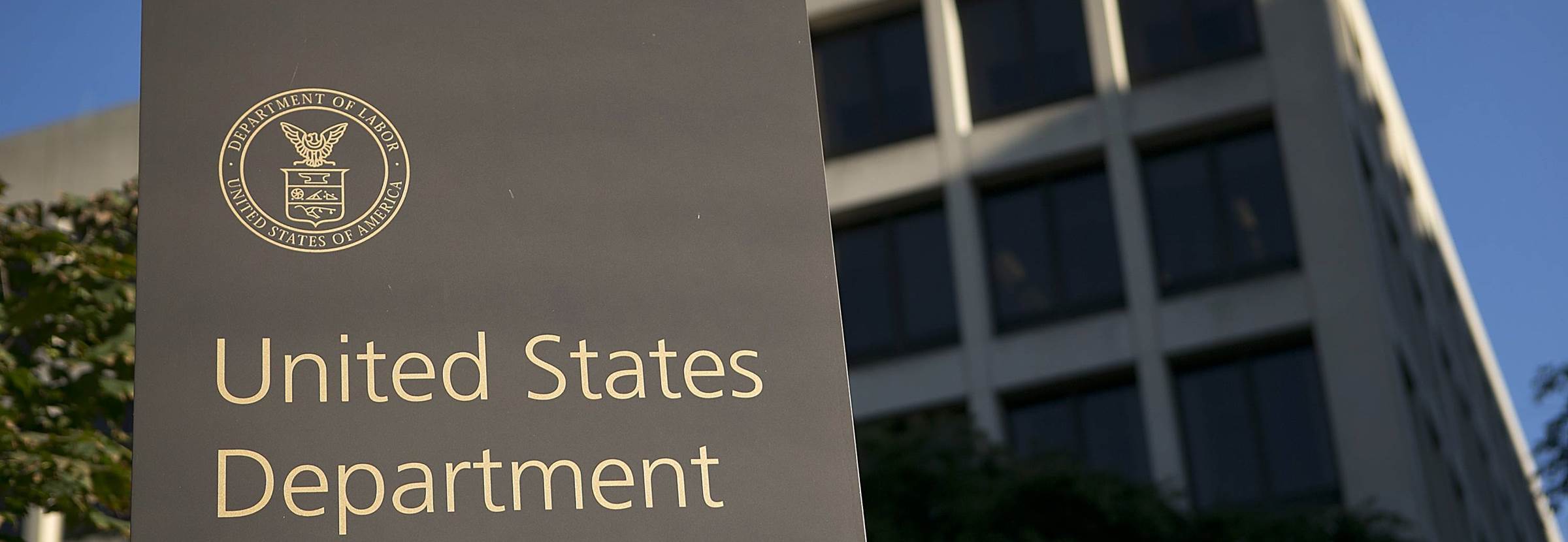US DOL Publishing Long-Awaited Final Rule Updating Regular Rate Regulations
On Monday, December 16, the U.S. Department of Labor is publishing its long-awaited final rule revising “regular rate” requirements employers must follow under section 7(e) of the Fair Labor Standards Act (FLSA).
Under the FLSA employers must provide overtime pay of at least one and one-half times the “regular rate of pay” for hours worked in excess of 40 hours per workweek. Regular rate requirements define what forms of payment (such as per diems, holiday pay, unused paid leave, etc.) employers must include or may exclude in the “time and one-half” calculation when determining workers’ overtime rates. This is the first update to these regulation in fifty years.
Of particular note, with respect to “reimbursable expenses” such as per diems, the final rule provides that reimbursed expenses no longer need to be incurred “solely” for the employer’s benefit for the reimbursements to be excludable from an employee’s regular rate. Under this approach, payments for expenses that are incurred by the employee on the employer’s behalf or for his benefit or convenience are excluded from the regular rate, while reimbursements for expenses incurred by the employee for his own benefit are not excluded. As examples, the final rule explains that amounts expended by an employee in purchasing supplies, tools, materials, cell phone plans, or equipment on behalf of his employer or in paying organization membership dues or credentialing exam fees will not be regarded as part of the employee’s regular rate.
The final rule also clarifies the FLSA’s requirement that only “reasonable” and “properly reimbursable” expenses may be excluded from the regular rate when reimbursed. In this regard, the rule explains what is “reasonable” by referring to the “Federal Travel Regulation” and optional IRS guidance regarding per diems. Under the final rule, a payment for an employee traveling on his or her employer’s business will be deemed “reasonable” if it is the same or less than the maximum reimbursement payment or per diem allowance permitted under the Federal Travel Regulation or the IRS guidance. Moreover, “reasonable” payments must also meet the following additional requirements: (1) the reimbursement is for the actual or reasonably approximate amount of the expense; (2) the expense is incurred on the employer’s behalf; and (3) the expense does not vary with hours worked.
Beyond per diems, the final rule establishes when the following forms of compensation may also be excluded from an employee’s regular rate of pay:
- The cost of providing certain parking benefits, wellness programs, onsite specialist treatment, gym access and fitness classes, employee discounts on retail goods and services, and adoption assistance;
- Payments for unused paid leave, including paid sick leave or paid time off;
- Payments of certain penalties required under state and local scheduling laws;
- Certain sign-on bonuses, longevity bonuses, and other discretionary bonuses;
- The cost of office coffee and snacks to employees as gifts;
- Contributions to benefit plans for accident, unemployment, legal services, or other events that could cause future financial hardship or expense; and
- Tuition programs, such as reimbursement programs or repayment of educational debt.
The final rule will be effective 30 days after it is formally published on December 16. The pre-publication text of the rule is available here.
© 2024 Signatory Wall and Ceiling Contractors Alliance (SWACCA). All rights reserved.
